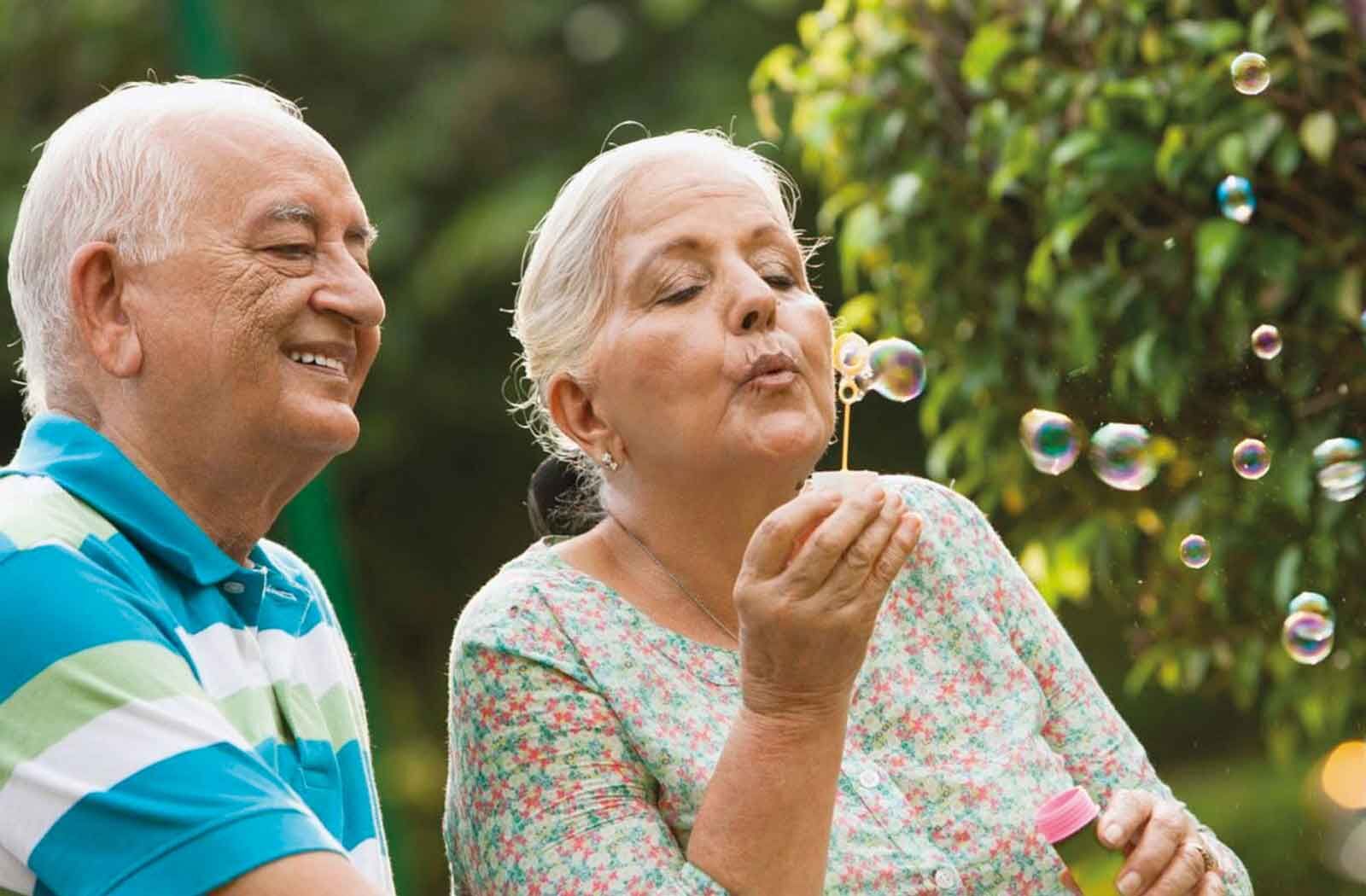Ageing with grace
Post-retirement phase could both be a dread and an opportunity, depending upon whether or not one keeps oneself physically and socially active and adopts a fresh outlook towards life

I will be turning sixty this year and am dreading the "retirement phase". Many of my colleagues who retired became "old" overnight, both mentally and physically. What can I do to avoid this ageing?
"Retired from a job, not from life."
When we are children, each birthday closer to being older seems like an achievement because it resonates with independence and freedom. Somewhere along the line with responsibilities piling up, adults begin to resonate with ageing as not being pleasant anymore. Retirement is the phase of life that means withdrawal from one's position or occupation or from one's active working life. It has the connotation of relaxation and leisure to some, while to others it can mean ageing and senescence.
There has been a lot of research around how retirement affects one's mental health. While some researchers say workers who retire may become happier and healthier. Others suggest that retirement doesn't improve mental health – on the contrary, it may even lead to depression. Either way, it's a period of adaptation, change and life transition.
Erik Erikson proposed that in the stage of life, this is called late adulthood. The psychological conflict can be between integrity versus despair. As adults reach the end of life, they look back on their lives and reflect. Adults who feel fulfilled by their lives, either through a successful family or a meaningful career, reach ego integrity, in which they can face aging and dying with peace. If older adults don't feel that they've lived a good life, they risk falling into despair.
Initially, escaping the daily grind and a long commute, workplace politics, or a difficult boss, for example, can seem like a great relief. However, many new retirees find that after a few months the novelty of being on "permanent vacation" starts to wear off. You may miss the sense of identity, meaning, and purpose that came with your job, the structure it gave to your days, or the social aspect of having co-workers.
Nevertheless, some elderly people enjoy the positive effects of late-life transitions. Events such as retirement can offer an opportunity for rest, depending on the attitude of the elderly people. It can be a chance to spend quality time with friends and family besides giving back to the community.
Common mental health issues during post-retirement phase:
• Sadness
• Depression
• Worry and anxiety
• Loss of routine
• Loss of sense of identity if one earlier overidentified with work
• Sleep issues
• Memory issues
• Boredom, anger and frustration
• Financial concerns and worries
How to be ready and ace the age with grace?
Stay physically active: Stay ahead of the physical ailments and avoid multiple visits to doctors, by ensuring you are keeping yourself physically active. Your life may suddenly become sedentary on retirement. An average adult needs at least 150 minutes of active exercise in a week. Try walking, yoga, stretching or even weightlifting to keep yourself mobile, and garner mental health benefits too.
Start afresh: For most of us, there are things we have desire to do but didn't ever find time for. Do things the way you always imagined when you will have free time on your hands. Explore travel, social media, blogging, and even contemplate starting a business.
Nutrition: The body demands a better micronutrient and macronutrient profile at this stage. Ensure to add omega-3-fatty acids, proteins, calcium, micronutrients and enough hydration.
Learn new things: A key to preventing mental aging is by learning new things. The best way to protect your mental health is by staying social, engaging in cognitive activities. Mentally agile adults have a lesser chance of Alzheimer's disease. Try Sudoku puzzles, learning new languages, and even new recipes.
Socialise: Man is a social animal and requires the stimulation that comes from engaging with others. Be a part of groups — online and offline, NGOs, local networks, religious groups etc.
Acceptance: Fighting the newness can lead to distress. Adjustment to a new phase may take some time. Transition is normal. Don't dread this change. Accept and embrace it.
Send your questions to [email protected]



